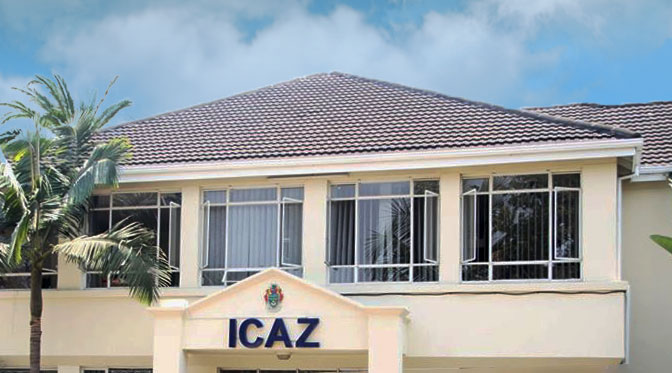ZSE reviews indices to track market performance
The Zimbabwe Stock Exchange (ZSE) has reviewed indices to measure the performance of market segments.
The indices enable investors to gain insights into the performance of an asset class or a specific segment within that class.
They came into effect on January, 1, 2025.
A market capitalisation-weighted index, the Top 10 Index tracks the performance of the 10 largest and most actively traded companies listed on the ZSE.
This index serves as a benchmark for the overall performance of the stock market and is considered a key economic indicator.
The ZSE Top 15 Index comprises the 15 largest companies by full market capitalisation that meet the index’s inclusion criteria. The ZSE Top 25 Index comprises the 25 largest companies ranked by full market capitalisation before the application of any investability weightings.
The Medium Cap Index includes the 11th to 40th ranked companies by market capitalisation while the ZSE Small Cap Index tracks the performance of small-capitalized firms, providing investors with insights into their growth potential.
Another notable index is composed of the Top 10 constituents of the Zimbabwe National Stock Market Index.
The index also includes companies listed on the Victoria Falls Stock Exchange (VFEX).
According to ZSE chief executive Mr Justin Bgoni, the current index constituents apply in the first quarter.
British American Tobacco, CBZ Holdings, Delta Corporation, Econet Wireless, Ecocash Holdings, First Mutual Holdings, Hippo Valley, Mashonaland Holdings, and Rainbow Tourism Group comprise the Top 10 Index.
NMB, Seed Co, Tigere Property, ZB Financial Holdings and First Mutual Properties, when added to the Top 10, complete the Top 15 Index.
TSL Holdings, Turnall, Unifreight, Willdale, ZIMRE, ZB Holdings and Zimpapers are included in the ZSE Medium Cap Index.
Khaya Cement, Old Mutual Limited, PPC, ZECO, Hwange Colliery and Cottco are among companies that compose the ZSE Small Cap Index.
The next review is scheduled for March 31, 2025.
The ZSE experienced an 18 percent gain in market capitalisation during 2024, primarily driven by investor behavior seeking inflation hedges and a strong demand for stocks backed by tangible assets.
The benchmark All-Share Index surged 118 percent to close December 2024 at 217.58, following a rebase to 100 in April coinciding with the introduction of the ZiG.
FBC Securities, in its 2025 economic outlook report, said key sectors like financial services, consumer staples, and real estate anchored the strong ZSE performance due to their resilience in navigating macroeconomic challenges.
“The ZIG’s stabilisation efforts provided some predictability, but periodic currency devaluations created speculative opportunities, boosting short-term trading volumes.
“Inflation fears encouraged investment in stocks as a hedge, particularly in sectors less reliant on imports,” FBC said.
FBC said smaller-cap companies struggled due to weak earnings, tightening regulatory requirements, and constrained growth prospects.
On the other hand, FBC said VFEX benefitted from companies seeking forex-based revenues to hedge against currency risks.
Key highlights on the VFEX in 2024 include the listing of Edgars Stores Limited and Invictus Energy Depository Receipts, the official launch of Contract for Differences (CFDs) in May, the suspension of Bindura Nickel in May, the gazetting of commodity trading rules through Statutory Instruments 148 & 149 of 2024 and the establishment of the Bond Market Association of Zimbabwe.
“While VFEX attracted additional listings, overall trading volumes remained modest due to limited liquidity and subdued foreign investor activity,” reads part of the FBC report.
FBC noted that export-oriented companies and mining firms have exhibited strong performance on the bourse, capitalising on favorable global commodity price movements despite facing local economic headwinds.
The VFEX All Share Index was rebased to 100 basis points on January 1, 2024, and subsequently gained 4.08 points to close December 2024 at 104.08.
While acknowledging the ZSE as the dominant exchange, FBC observed that its performance is increasingly influenced by inflationary trends and local speculative activity, rather than being primarily driven by fundamental growth, consistent policies, and improved foreign exchange liquidity.
FBC emphasised that the VFEX is strategically positioned as an alternative for firms and investors seeking foreign exchange stability. The exchange’s growth potential hinges on the stabilisation of macroeconomic conditions and an increase in international investment inflows.-herald










